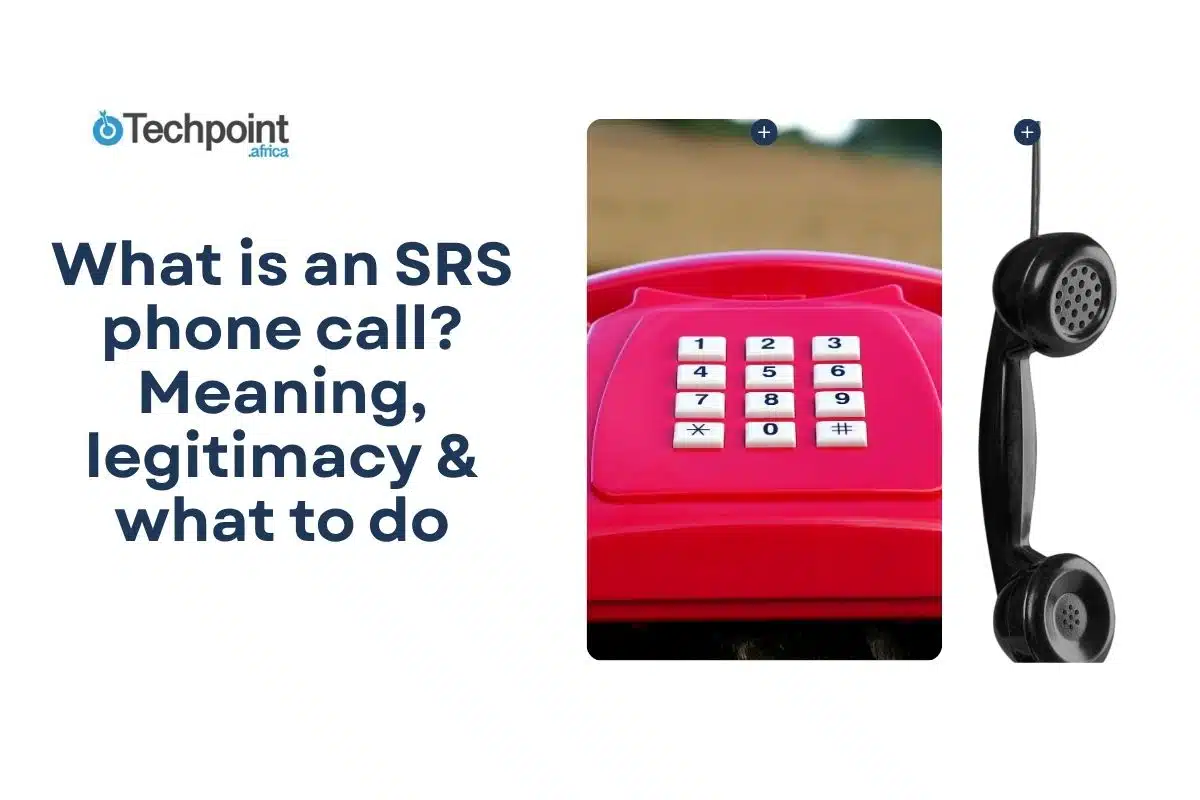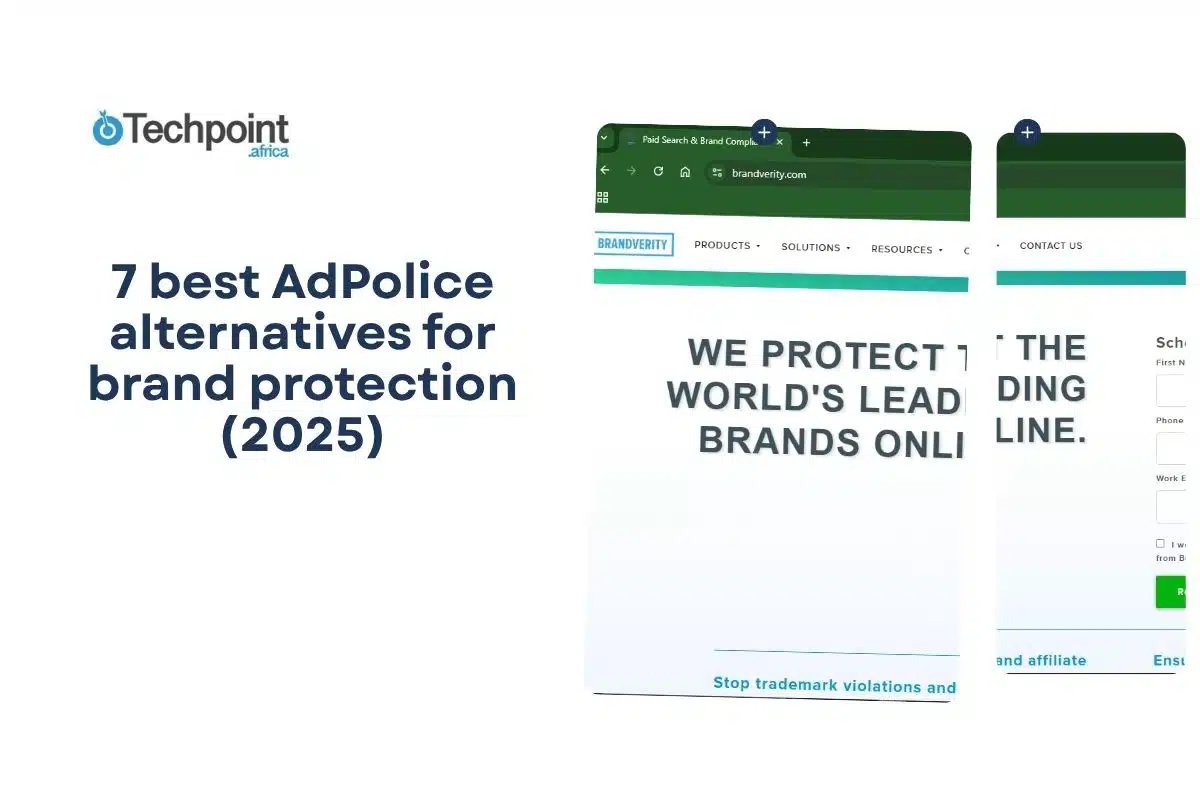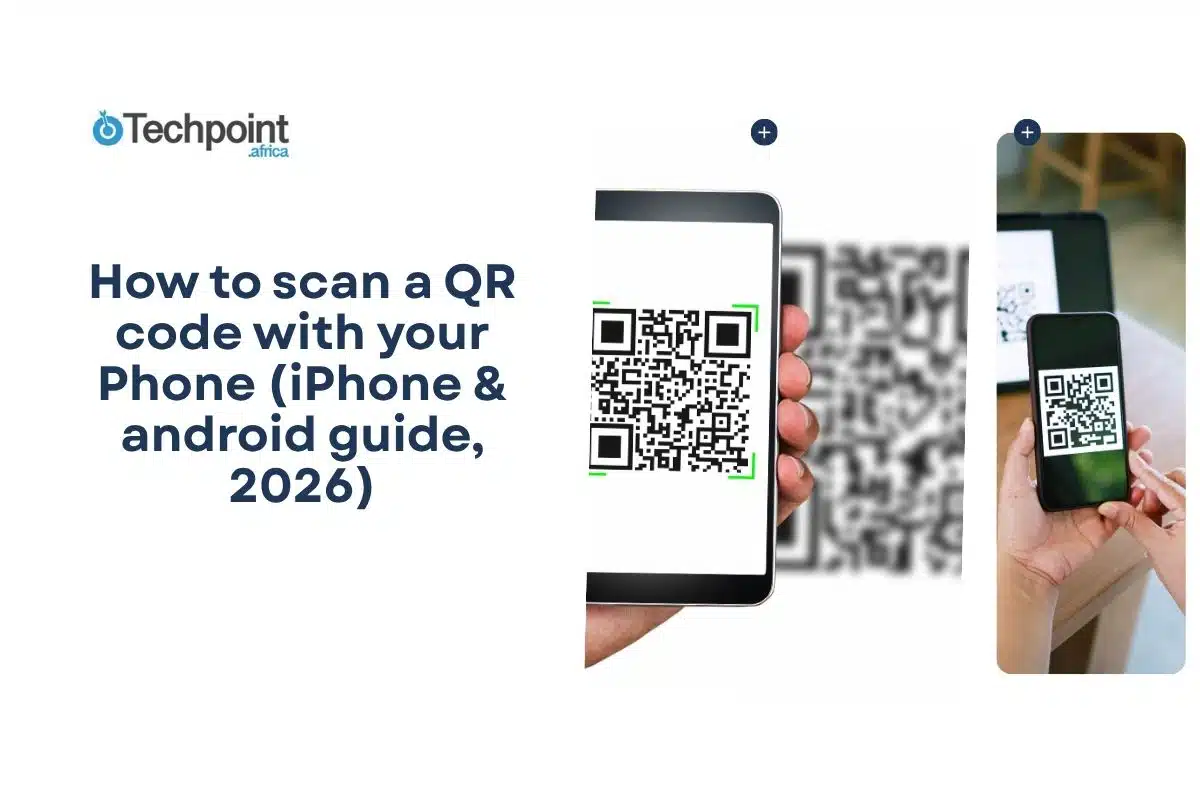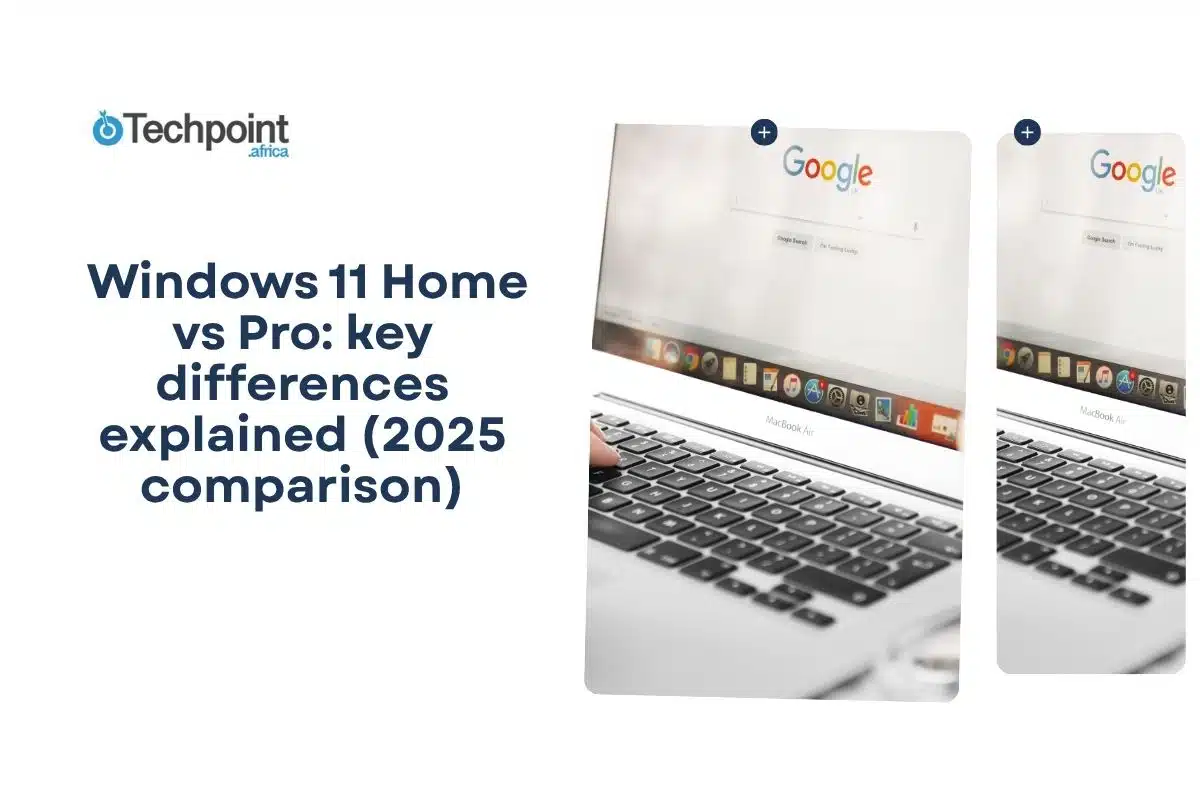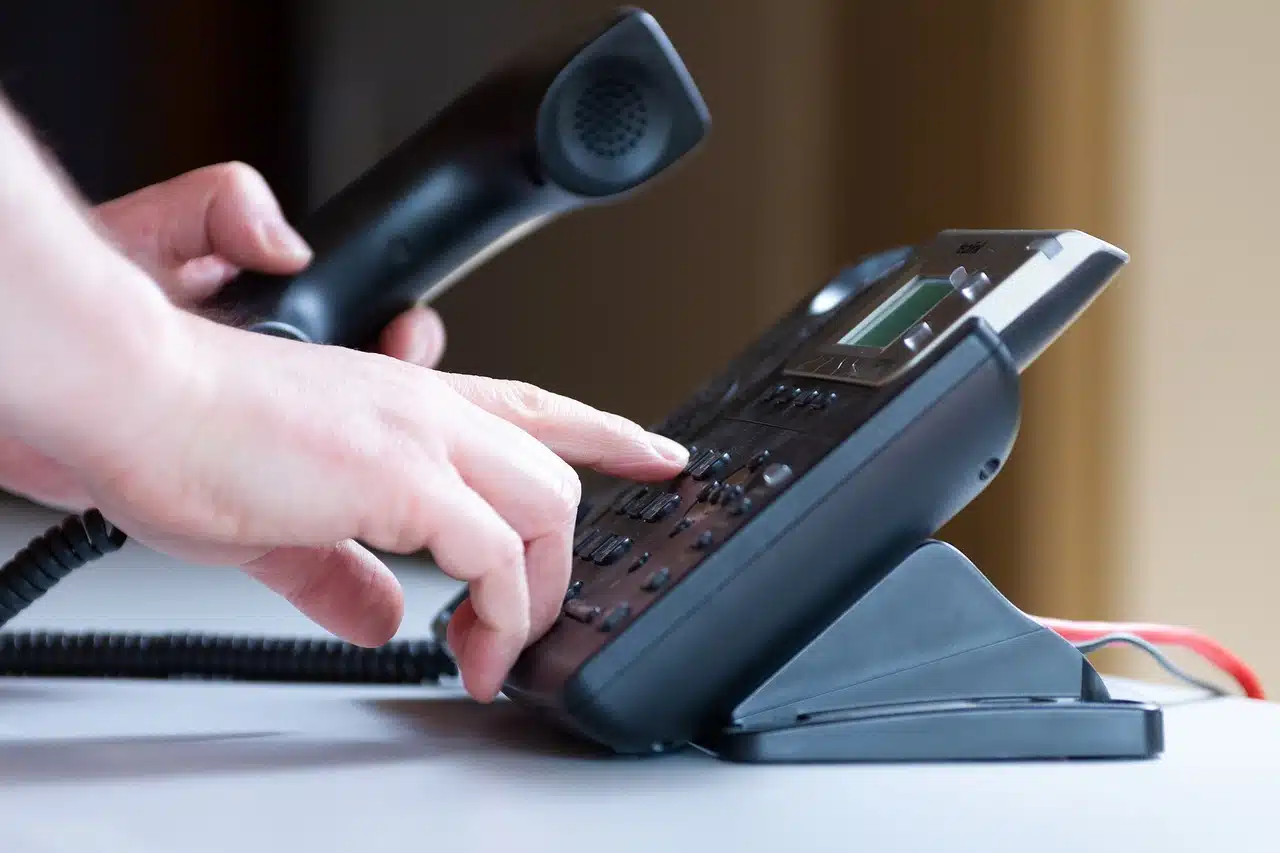
It’s easy to feel uneasy when you get a call from an unknown number, especially when the caller ID says “SRS” or they introduce themselves as calling from SRS. What does that even mean? And why are they calling you?
If you’ve found yourself confused or even concerned about receiving an SRS phone call, you’re not alone. These calls aren’t very common, and most people aren’t sure what to make of them. In this guide, we’ll break down exactly what an SRS phone call is, why you might be getting one, how to tell if it’s legitimate, and what to do next.
What is an SRS phone call?
An SRS phone call is usually an official call from a government or social service agency, most commonly linked to departments with names like:
- Social and Rehabilitation Services
- State Referral Services
- Social Responsibility Services (in some regions)
These calls are often part of an outreach or follow-up process by professionals handling sensitive matters related to welfare, support, or intervention programs.
Here’s what typically stands out about an SRS call:
- It may come from a blocked, unknown, or unfamiliar number.
- The caller usually introduces themselves as being from “SRS” or a full agency name.
- The tone is generally formal, with the caller seeking to ask questions, confirm details, or provide information.
While the acronym “SRS” might vary by location or agency, it consistently points to structured services aimed at public welfare, support, or review. It’s not a marketing call or a casual check-in; it usually has a clear purpose tied to a case or system.
Still, getting one can feel confusing, especially if you weren’t expecting it. That’s why it helps to understand what kind of situations might trigger this kind of call, which we’ll cover in the next section.
Why you might be getting an SRS call
If you’ve received a call from someone claiming to be with “SRS,” it’s normal to feel unsure or even anxious, especially if it’s unexpected. But these calls typically happen for a reason. Here are some of the most common explanations behind them:
- You’re Directly Involved in a Case
One of the most straightforward reasons is that you’re directly connected to an open case or situation being handled by a social or family service agency. This could involve child protection, adult welfare, or public assistance.
If you’ve recently applied for support services, requested a welfare check, or have been reported in any capacity, the call might be a follow-up. In many cases, SRS representatives reach out to schedule interviews, confirm details, or notify you of next steps.
- You’re Listed as a Contact
You might not be the primary person the agency is trying to reach. Sometimes, individuals undergoing support or investigation list others as emergency contacts, references, or relatives. If your number was provided by someone else, even casually, you may be contacted as part of their outreach.
The agency might be trying to verify a relationship, confirm the whereabouts of someone, or get your perspective on a situation.
- You Were Mentioned in a Report
Your name or phone number might have come up in a report or referral, even if you weren’t the one who submitted it or were unaware it existed. In these cases, an SRS representative may be calling to clarify details, verify your connection to someone, or hear your side of the story. These types of calls are typically sensitive and may involve gathering information without disclosing everything about the case up front.
- You’re Connected to a Minor or Vulnerable Person
If you’re a guardian, caregiver, family member, or even a neighbour, and there’s a concern involving someone vulnerable, like a child or elderly person, your contact information could be relevant. SRS workers are tasked with protecting individuals who can’t advocate for themselves, and part of that job is speaking with people in their environment or network. A call like this could be part of a routine welfare check or a deeper investigation into safety concerns.
- It’s a Mistake or Outdated Contact Info
In some situations, you may have been called by mistake. Someone could have given the wrong number, or a case file might have outdated contact information that led the call to you. If you have no idea why they’re calling and no connection to anyone involved, that may be all it is. Still, it’s always worth confirming the legitimacy of the call before dismissing it entirely.
In short, an SRS phone call usually means there’s a case, report, or connection being looked into even if you’re not the main person involved.

How to know if it’s legit or a scam
If you receive an unexpected call claiming to be from SRS, don’t panic. Here are some clear signs to help you figure out whether the call is legitimate or something you should be cautious about:
Signs the Call Is Legitimate:
- Clear identification: The caller gives their full name, agency name, and reason for calling.
- Professional tone: The conversation is respectful, calm, and appropriate for the topic.
- No pressure: You’re not rushed to make decisions or share sensitive information.
- Verifiable contact details: The number or agency can be looked up online, and you can call them back through official channels.
- Relevant questions: The caller asks questions that make sense based on a case or connection you may have.
A legitimate SRS call typically starts with a clear introduction. The caller should mention their full name, the agency or department they represent, and a general reason for contacting you. They might reference a case number, provide a callback number, or explain how they got your contact details. These calls often involve formal language and are handled professionally. You should feel like you’re speaking with someone trained to deal with sensitive matters.
Signs It Might Be a Scam:
- Vague or evasive answers: The caller won’t say exactly who they are or what agency they’re with.
- Requests for personal info: They ask for your Social Security Number, bank details, or other sensitive data.
- High-pressure tactics: You’re told you must act immediately or face consequences.
- Unlisted or suspicious phone number: The number can’t be verified online or has been flagged by others.
- Threatening or aggressive behaviour: The caller tries to scare you into cooperating or giving information.
Scam calls tend to feel rushed, vague, or overly aggressive. If the caller avoids giving clear answers about their identity or agency or pressures you to share personal details like your Social Security Number, home address, or banking information, it’s a major red flag. Real SRS representatives will never ask for sensitive financial information over the phone, nor will they demand immediate action or payment.
What You Can Do to Confirm:
- Hang up and look up the agency’s official number yourself; don’t call back the one they gave you.
- Search the phone number online to see if others have reported it.
- Ask for written follow-up if you’re unsure. Real agencies can provide letters or emails for clarity.
- Trust your instincts. If something feels off, it probably is.
When in doubt, it’s okay to pause the conversation. You’re within your rights to ask for verification, request written follow-up, or simply end the call and do your own research. A real representative won’t object to that, they’ll understand and likely even encourage it.
What to do if you receive an SRS phone call
Whether the call caught you off guard or you’ve been expecting some kind of contact, knowing how to respond makes a big difference. Here’s how to handle it the right way without overreacting or putting yourself at risk.
If You’re Sure It’s Legit
- Stay calm and take notes. Write down the caller’s name, agency, and phone number. Ask for a reference number if applicable.
- Listen carefully. Let them explain the purpose of the call. If anything is unclear, ask questions respectfully.
- Be honest but cautious. You can answer basic questions, but avoid oversharing. Stick to what you’re comfortable discussing over the phone.
- Ask for next steps in writing. If forms, interviews, or follow-ups are needed, request a summary by email or letter so you have something to refer back to.
- Confirm official details. After the call, check the agency’s website or contact them directly to double-check what you were told.
If You’re Unsure or It Feels Off
- Don’t provide personal information. Never share your full address, bank details, ID numbers, or anything sensitive on a call you didn’t expect.
- Ask to call them back. Politely end the call and look up the agency’s official contact info on your own. Reach out directly to confirm if the call was real.
- Trust your instincts. If the caller sounds aggressive, evasive, or makes you feel uncomfortable, hang up.
- Report the number. If you suspect it was a scam, report it to your phone carrier, a fraud alert service, or local authorities.
An SRS call doesn’t automatically mean you’re in trouble, it might be about someone else, a misunderstanding, or even a helpful offer of support. The key is to stay informed, stay calm, and protect your information while you figure things out.
Real experiences: what others are saying
Scam Alerts from r/Scams
A user reported receiving multiple calls from “SRS,” believing it to be a debt collection scheme:
“I keep getting phone calls from SRS… I am assuming it’s a scam since the number they call me from is different… the company is a debt collection, I believe. Edit: it is a scam.”
Another described persistent robocalls and voicemails urging them to call back:
“I started getting voice messages from SRS asking me to call the number on my caller ID… the messages are very annoying.”
“Debt” Scam Tactics
Users warned about how these scam callers impersonate debt collection agencies:
“They call pretending to be a debt collector, and will provide you with the last 4 of your social, name, and home address.… So if anyone gets a call from these people, it’s a SCAM.”
And another user added:
“Of course it is a scam. Creditors don’t randomly call you and refuse to tell you the source of your debt… Then they hang up and block me.”
Zombie Debt Collections
Some calls come from so-called “zombie debt” collectors—people chasing old, uncollectible debts:
“This is a zombie debt collector… don’t acknowledge the debt in any way, as that will restart the clock.”
What Reddit Users Actually Do
Blocked calls, ignored voicemails, and reported the numbers to authorities:
“I block them all…I get them from a company called Benchmark Services and these SRS people.”
“I use call‑screening apps and haven’t gotten calls in over a week.”
Redditors recommend the same cautious, methodical approach you’d expect:
“Never talk about your finances with people you do not know. If nothing’s on your credit report… ignore them.”
“Stop discussing personal financial business… Nothing on your credit report? Nothing in the mail? Then ignore them.”
| Insight | What to do |
| Calls claim to be from “SRS” and often threaten with debt demands | Ignore or block the number |
| They may spoof caller IDs or use robovoice messages | Never call back unknown numbers |
| They might cite parts of your personal info to sound legit | Don’t share more information |
| Scammers often push for fast “settlement” payments over the phone | Request validation in writing or ignore |
| You may be dealing with “zombie debt” collectors | Acknowledge nothing—block & let time pass |
These real-world accounts reinforce just how critical it is to stay alert, avoid engagement, and protect your personal and financial information.
How to protect yourself from scam calls
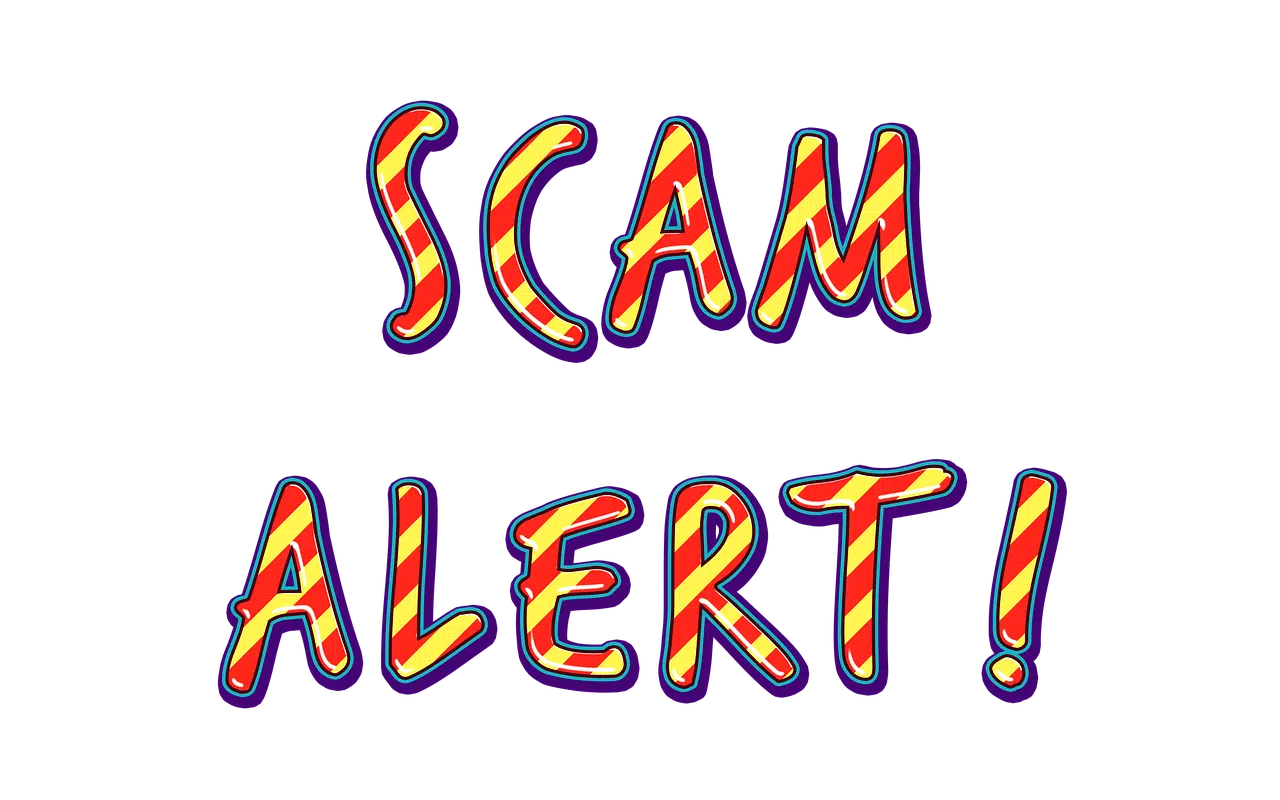
Not every unknown call is a scam, but it’s smart to treat unexpected ones, especially those claiming to be from SRS with caution. Scammers often rely on urgency, confusion, and partial information to trick people into sharing sensitive details. Here’s how to protect yourself without missing important calls:
- Use Call Screening Tools: Download and enable spam protection or call-screening apps. Many smartphones also come with built-in filters that warn you about suspected spam or robocalls. Apps like Truecaller, Hiya, or your carrier’s own tools can help you spot red flags early.
- Don’t Give Personal Information Over the Phone: If you didn’t initiate the call, never give out your Social Security Number, bank info, full home address, or passwords. Real agencies don’t ask for this kind of data upfront or without verification.
- Always Verify the Caller: Hang up and look up the agency’s official contact number online. Call them directly and ask if someone from their office was trying to reach you. If they weren’t, you’ll know for sure it was a scam.
- Ask for Written Communication: If a call seems official but you’re not sure, ask for a follow-up by email or mail. Legitimate agencies will respect that request. Having something in writing also gives you a record for your own protection.
- Monitor Your Credit and Identity: If you’ve ever given information to a suspicious caller in the past, consider running a credit check or signing up for identity theft protection. Catching fraud early is better than trying to fix it later.
- Report Suspicious Numbers: Let others know. Report scam calls to your mobile provider, the local authorities, or national fraud reporting centers. In some regions, you can also add the number to a public registry of known scams.
Taking a few minutes to double-check an unfamiliar call could save you a lot of stress later on.
Wrapping up
Getting a phone call from “SRS” can feel confusing, especially when you weren’t expecting it and don’t know what it stands for. But now you know: these calls are often tied to real cases involving social services, welfare checks, or even mistaken contact information. And in some cases, they’re not from SRS at all; they’re scams pretending to be something official.
If you get one of these calls, don’t panic. Take a moment, ask questions, verify details, and protect your personal information. You’re not being rude for wanting proof; you’re being smart.
With the right awareness and a calm approach, you can handle an SRS call the right way, whether it’s something you need to follow up on or something to block and forget.

